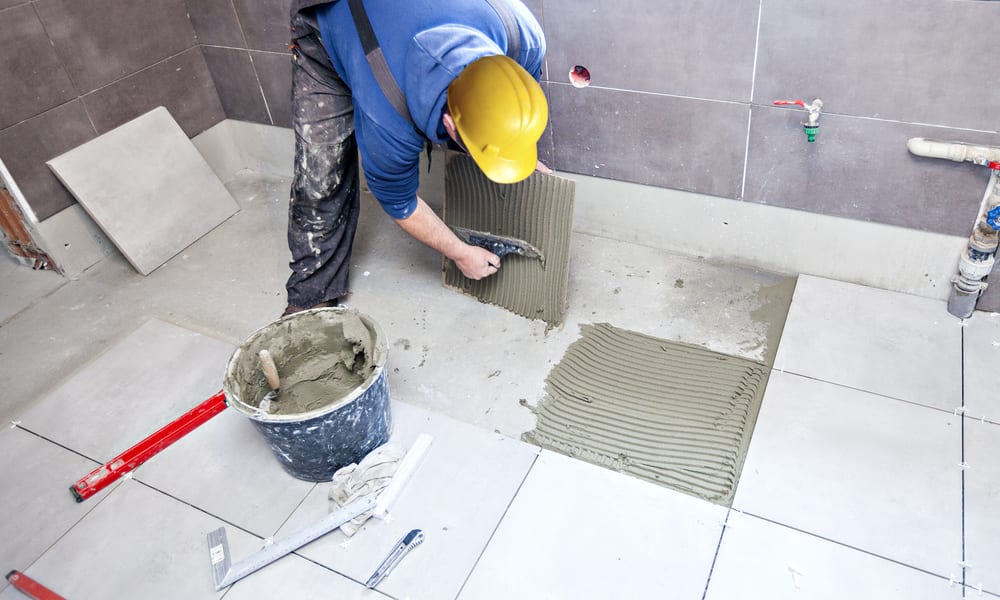Window Replacement Jobs: Careers in Installation and Construction
Window replacement jobs cover a range of roles from measuring and removing old units to installing modern glazing systems. These positions sit at the intersection of installation trades and construction site work, and they can suit people seeking hands-on careers with tangible outcomes. Work can be residential or commercial, short-term projects or ongoing contracts, and it often requires a mix of manual skill, attention to detail, and familiarity with building materials. Opportunities exist in many places, including France, where regional building practices and standards influence how work is carried out.

What does a window replacement job involve?
A typical window replacement role includes assessing existing frames and glass, taking accurate measurements, selecting appropriate replacement units, removing old windows without damaging surrounding finishes, and fitting new frames and glazing. Workers also seal joints, install hardware, and test for correct operation and weather tightness. In addition to physical tasks, the role often requires reading plans, communicating with clients or site managers, and following health and safety procedures. Experience with hand and power tools, as well as basic carpentry, improves efficiency and quality.
How does installation work on-site?
Installation steps begin with site inspection and preparation: protecting floors and finishes, removing sash or glazing beads, and ensuring the opening is square and structurally sound. Modern installations may include installing insulation, flashing, and vapor barriers before setting the new unit and securing it according to manufacturer guidance. Final steps usually involve sealing gaps, fitting trim or cladding, and commissioning hardware. Good installations balance speed with care to prevent drafts, water ingress, or misalignment; working closely with local services such as glaziers or builders can streamline complex projects.
What construction skills are most useful?
Successful window replacement workers draw from construction skills such as measuring and leveling, material selection, weatherproofing, and basic structural repair. Familiarity with different frame types—wood, aluminium, uPVC, and composite—and glazing options helps when advising clients or choosing replacement parts. Health and safety knowledge is important when working from ladders or scaffolding and when handling heavy glass. Problem-solving for irregular openings or damaged surrounds is common; the ability to coordinate with electricians, plasterers, or façade specialists can improve outcomes on mixed-discipline jobs.
What career paths exist in this field?
Entry into window replacement often begins with laborer or apprentice roles that evolve into specialist installer positions. From there, career paths include site supervisor, estimator, project manager, glazing contractor, or business owner. Some professionals focus on niche markets—historic restoration, energy-efficient retrofits, or commercial façade systems—while others remain generalist installers for residential work. Ongoing training in product innovations, building regulations, and installation techniques supports advancement. Networking with local services and builders or joining professional associations can open opportunities for larger contracts or specialized projects.
How to work in France: permits and standards
Working in France typically involves understanding national and regional building rules, safety requirements, and any necessary work permits if you are not an EU citizen. Local vocational training and apprenticeships are common entry routes, and proficiency in French helps with client communication and compliance paperwork. Employers and installers must follow applicable standards for thermal and acoustic performance; energy-efficiency targets influence product selection in many renovation projects. For those planning to work in France, researching regional codes and connecting with local trade organizations will clarify certification or registration expectations.
Conclusion
Window replacement jobs combine technical installation work with construction know-how and customer-facing responsibilities. The role offers varied environments—from single-home refurbishments to commercial façade projects—and multiple pathways for career growth through apprenticeships, on-the-job training, and specialization. Understanding installation methods, construction skills, and local requirements—whether in France or elsewhere—helps workers deliver durable, weather-tight replacements that meet performance and regulatory expectations.






